Content by Patrick Wagner
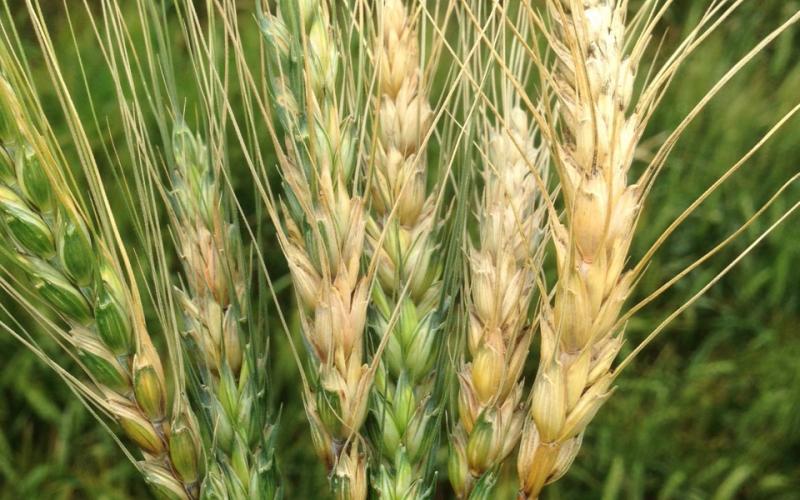
Wheat Stem Maggots Observed in S.D. Wheat
While scouting wheat fields throughout South Dakota, we have started noticing the presence of bleached heads scattered throughout many different fields. These discolored heads are the result of an infestation of the wheat stem maggot.
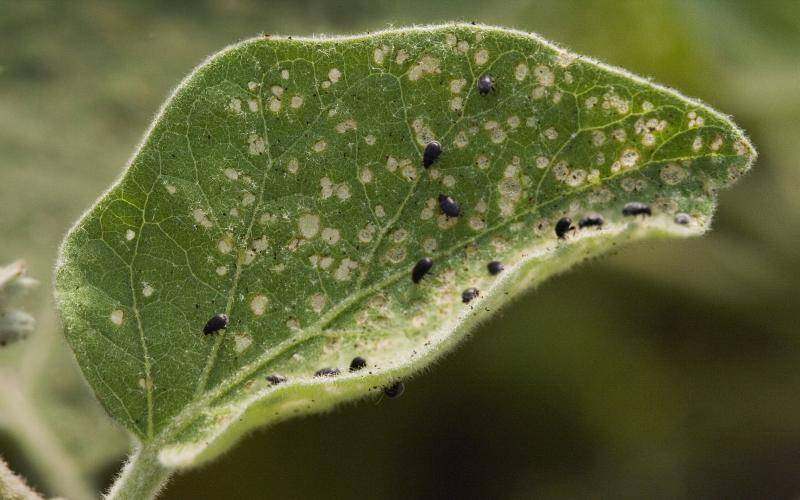
Dealing With Flea Beetles
Flea beetles are a common pest in South Dakota vegetable gardens.
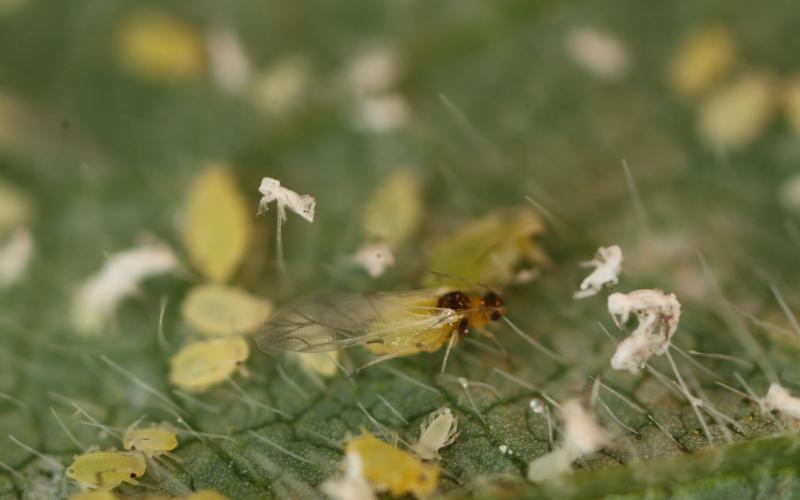
First Soybean Aphid Populations Detected in South Dakota
While scouting fields this week, we observed winged (alate) soybean aphids in Southeast South Dakota.
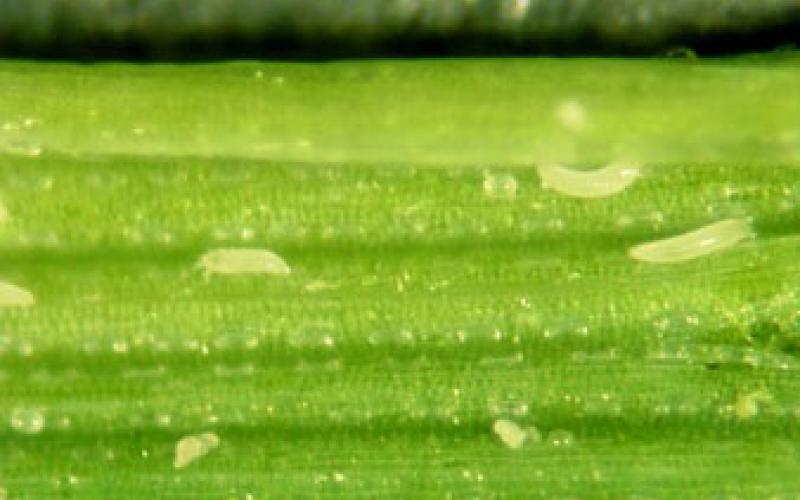
Which mite is it? Identifying the mites in wheat fields
In South Dakota, the most commonly encountered mites in wheat are wheat curl mite and brown wheat mite. In addition to feeding, wheat curl mites are vectors of Wheat streak mosaic virus. Brown wheat mites can build up large populations and injure wheat through feeding. There are other species of mites that may also be observed in wheat, but generally do not reach populations large enough to cause significant injury.
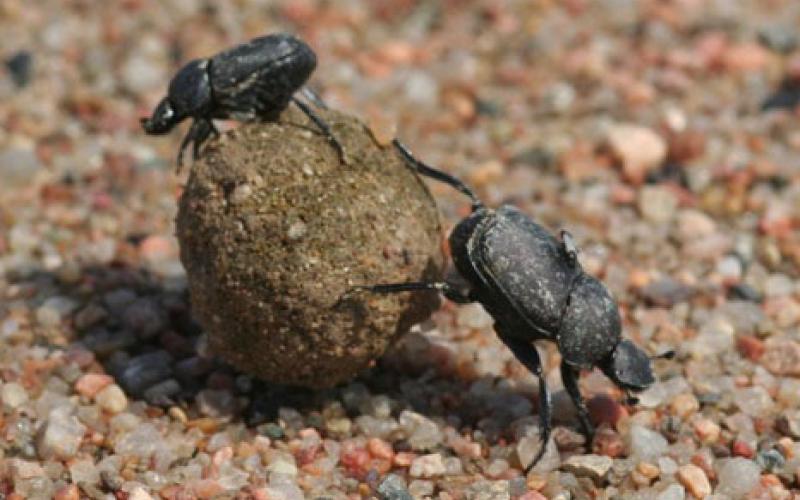
Promoting Dung Beetles on the Range
In South Dakota, dung beetles help regulate rangeland health through dung dispersal.
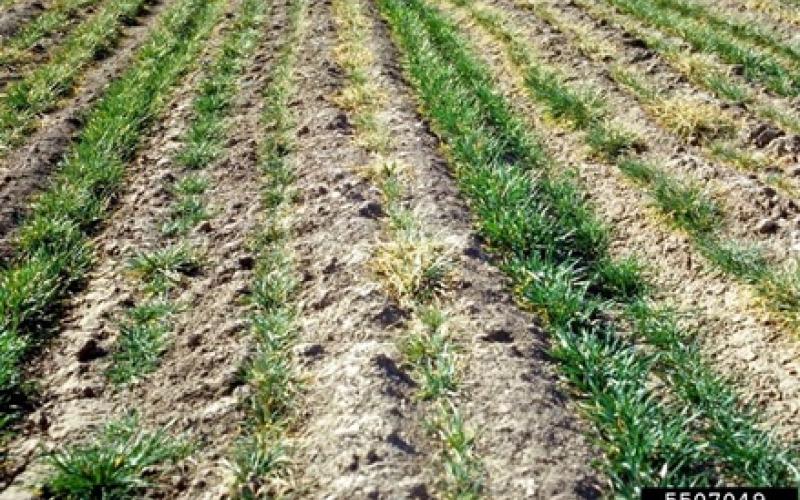
Brown Wheat Mite Affecting South Dakota Wheat
Recently, there have been reports of brown wheat mites throughout central and western South Dakota. The brown wheat mite is generally more of an issue in the drier parts of the state, or in areas experiencing drought. The feeding injury caused by these mites leaves white or brown spots that are referred to as stippling.
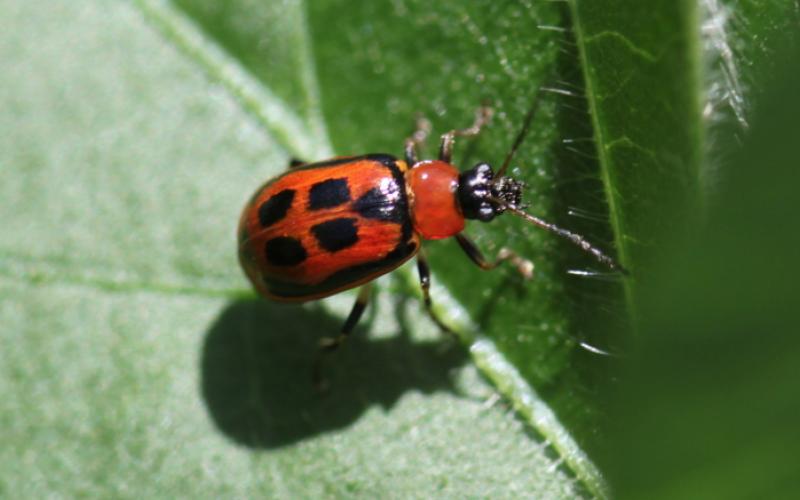
Overwintering S.D. Bean Leaf Beetles: 2017 predicted mortality
The overwintering generation of bean leaf beetle adults emerge in the spring and can cause serious defoliation injury to seedling soybean plants. However, the abundance of overwintering bean leaf beetles is negatively affected when the air temperatures get too cold. Therefore, an estimate of the emerging populations can be made based on how cold the winter was.
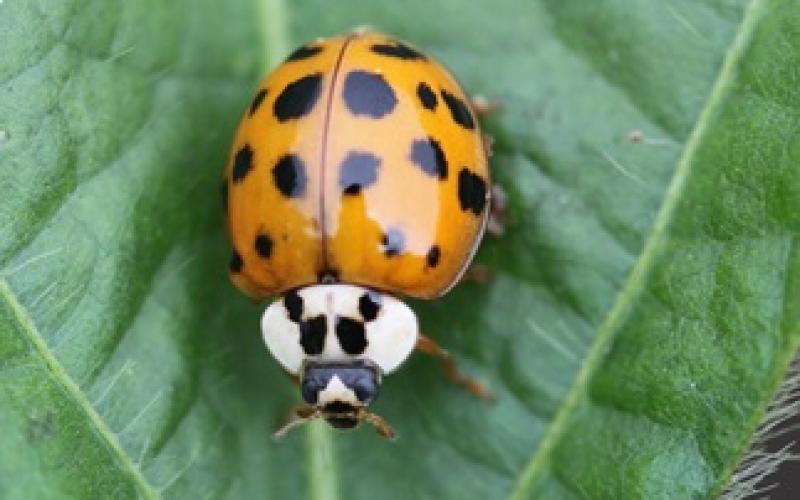
Fall Household Pests
Fall is here, but many insects are still active – especially on unseasonably warm days. Southern exposures of buildings are a common gathering spot for insects.
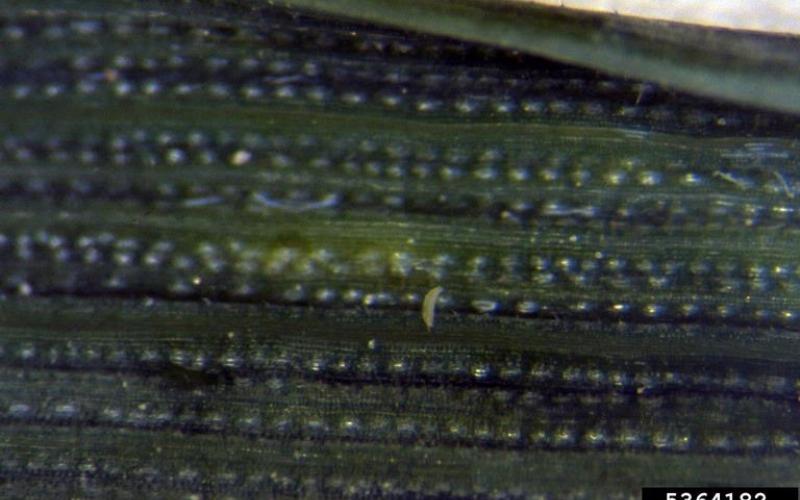
Managing Wheat Curl Mite
Wheat curl mite is one of the more difficult pests to manage in wheat. This is in part due to the limited options available for preventing populations from infesting a field and rapidly reproducing.
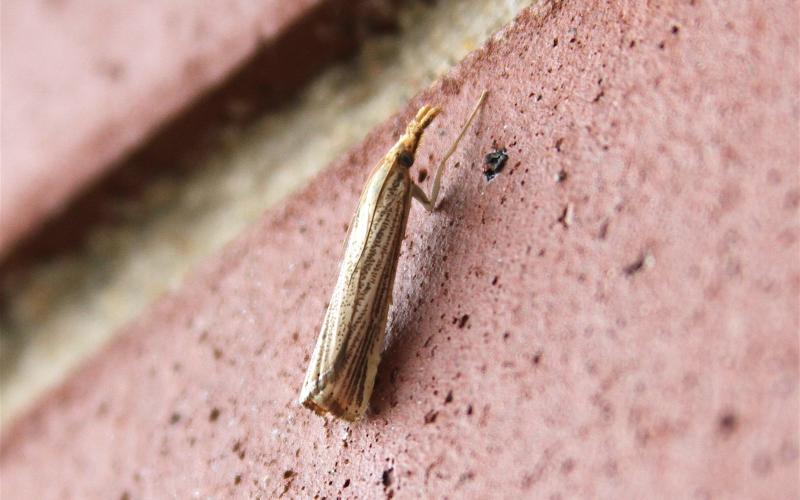
Sod Webworm in South Dakota
Sod webworm moths are emerging throughout South Dakota. Although these pests are common during the fall, the number of moth sightings and population densities in the Western half of the state are higher than normal. The particular species being found is the vagabond sod webworm. Unlike several other webworm species found in the United States, vagabond sod webworms rarely cause much damage and the adult moths are no more than just a short-term nuisance.